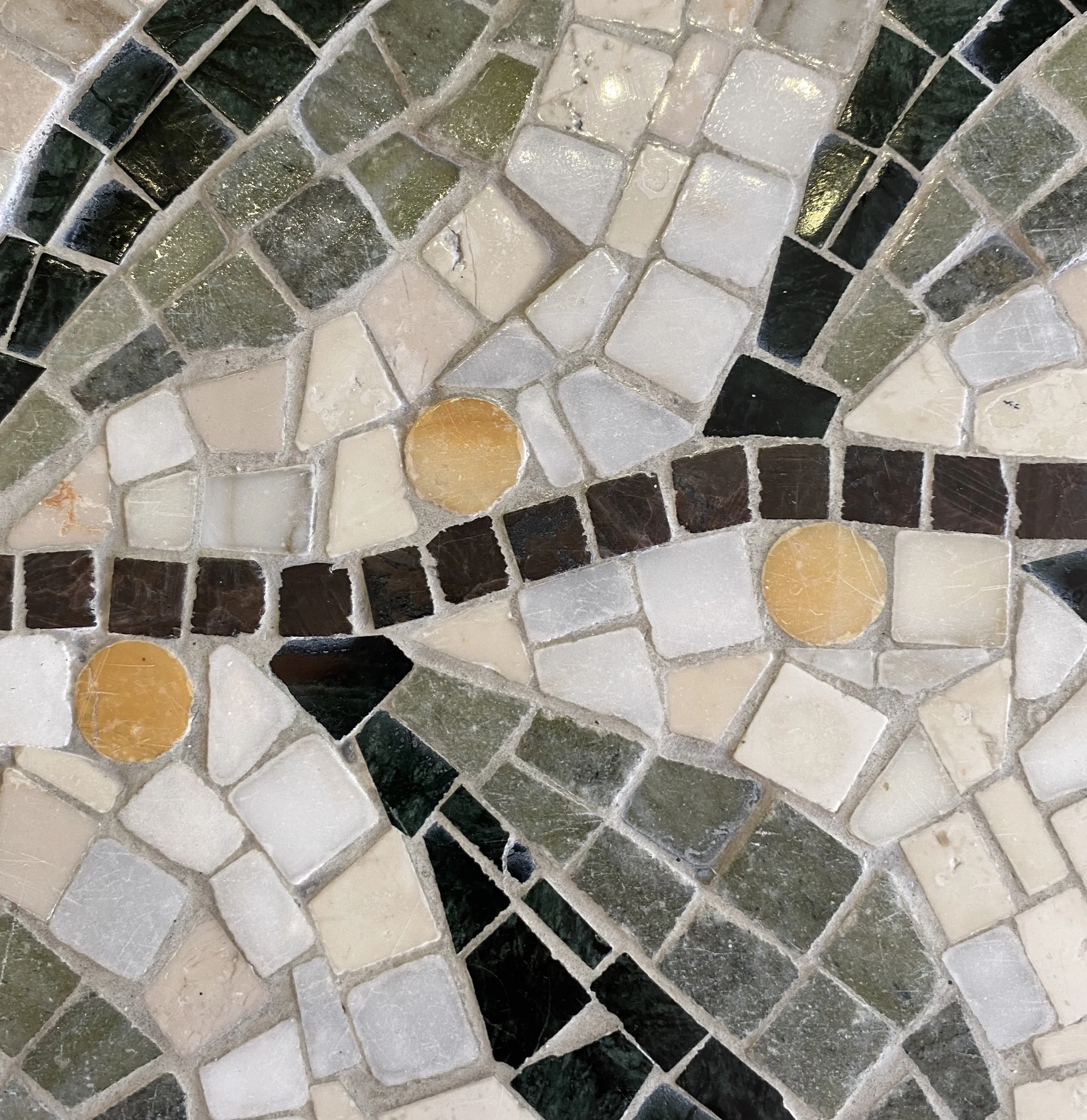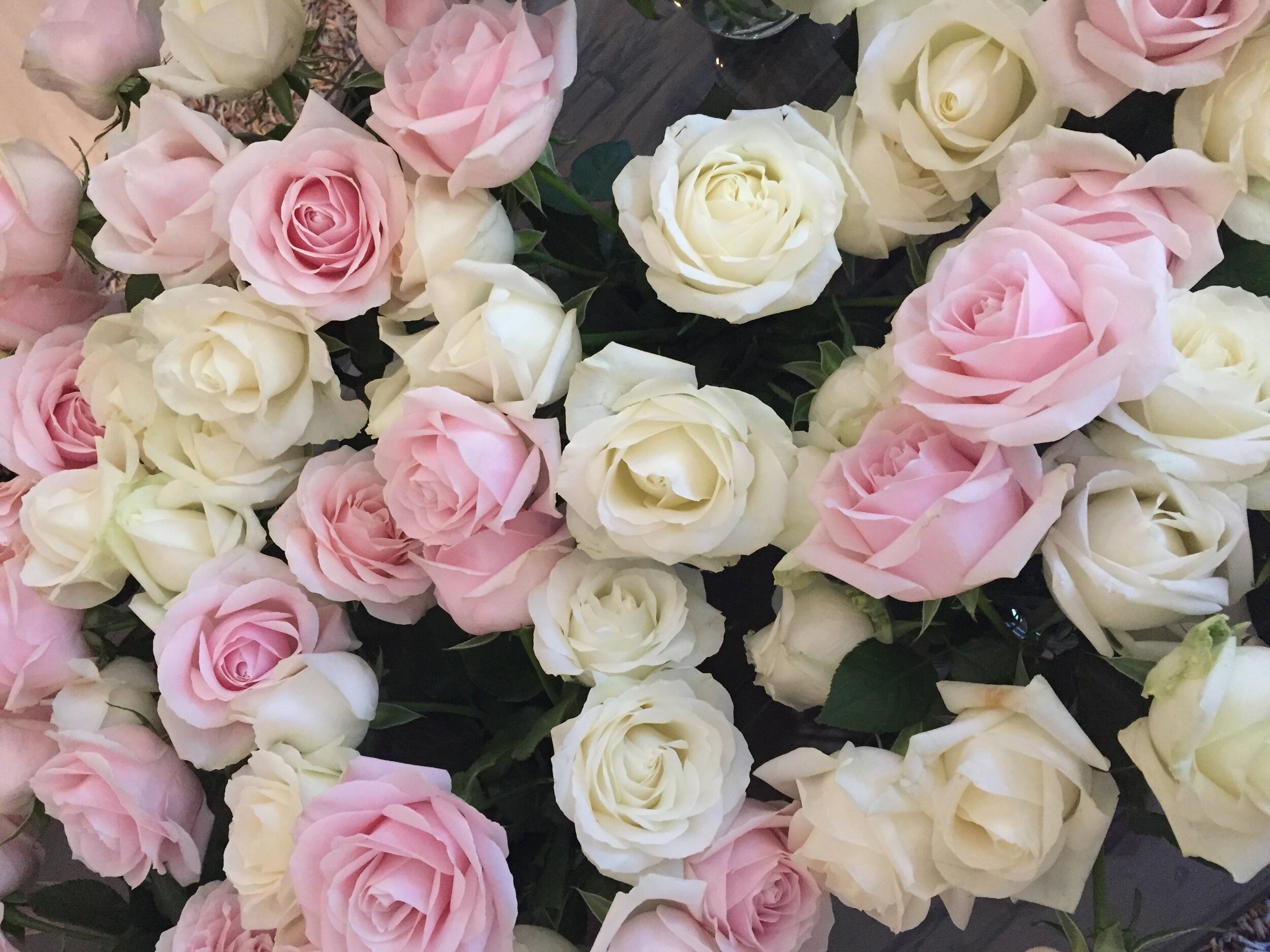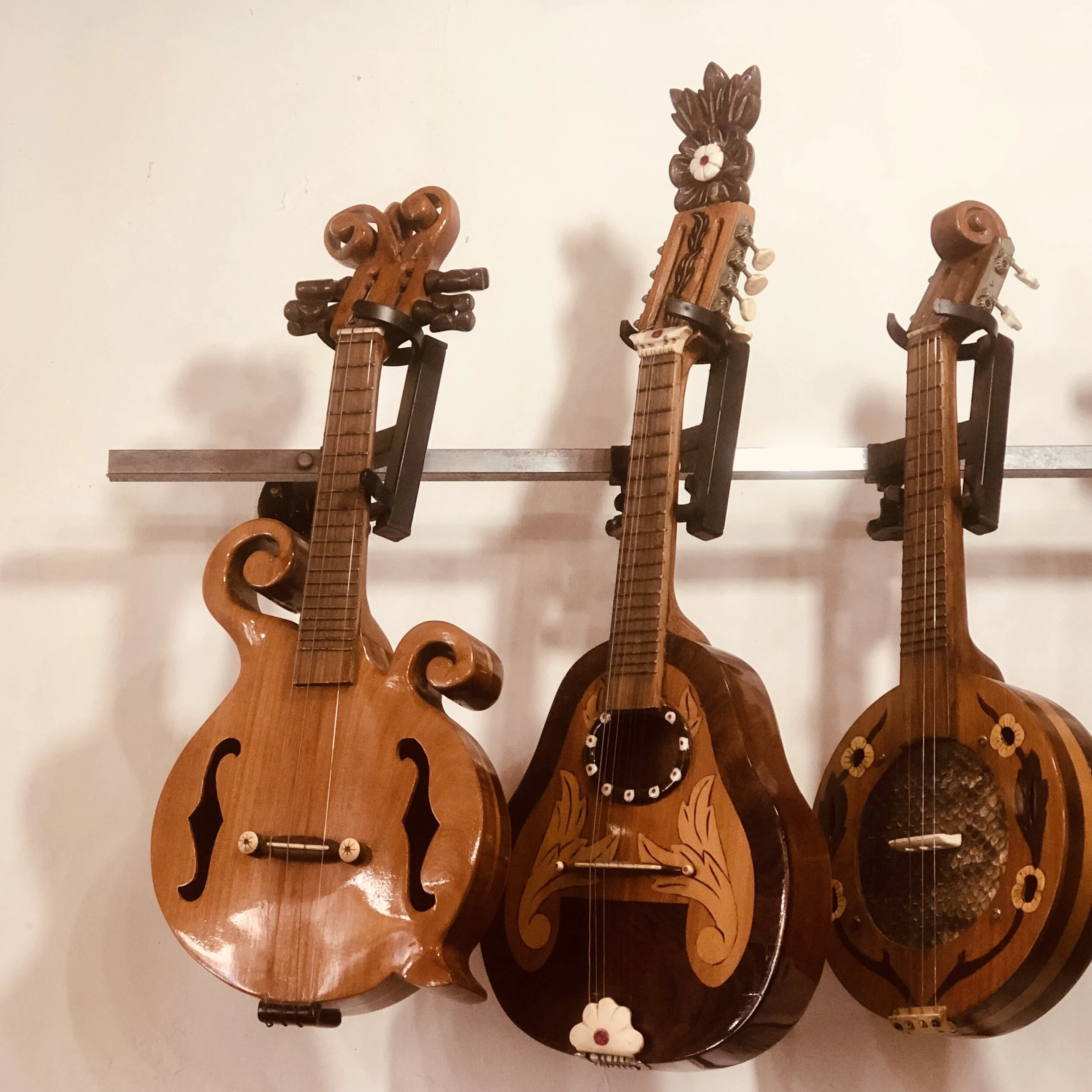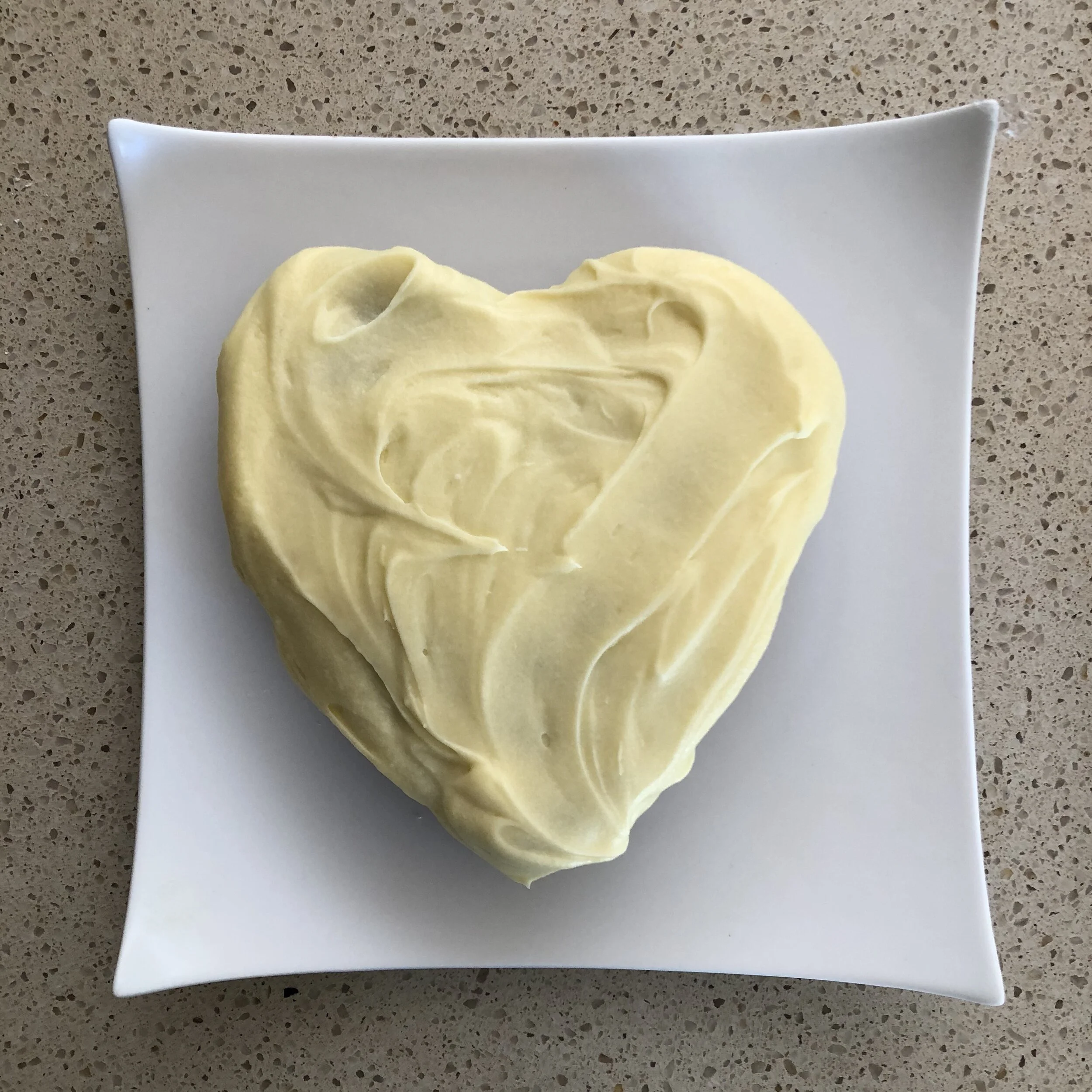Not all “friendships” are good friendships. Many involve networking, social climbing, mutual ego-stroking, or just plain circumstance. If you can take these away, what is left, may be genuine friendship. A real friend always wants the best for you.
Read MoreOf course I talk to my friends. Yeah, maybe, but there may also be an inner dialogue going on: I hope I don’t say the wrong thing; I’d really like us to get closer and understand each other, but I don’t want to say the wrong thing so I’ll say nothing about that.
Read MoreHas someone close to you ever done something hurtful? Something you just couldn’t get over? Sometimes friends prove not to be friends, but users and stealers; most of the time, however, friends can be hurtful just by being themselves, by saying the wrong thing, by doing something silly, by being thoughtless, or just by being a human being.
Read MoreWhen we make a friend, we experience and understand what getting close to someone means and feels like: we care more for them and know more about them. We identify with them and see some of ourselves in them. That’s empathy. That’s “walking in their shoes” just a little more to imagine what life is like for them. The brain is
Read MoreFor a better world, listen more, talk less. Listen to friends, listen to family members, to strangers, to children, adults, colleagues, anyone. If we all learnt as much about listening at school as we did about trigonometry, this world would be much friendlier. Seriously. It’s a skill we could all use. With it, we’d be closer to understanding each other in the culture wars.
Read MoreWhen you first meet someone, you’re looking for common ground: Do you like retro art too? Are you into Indie Rock? So what do you do for a living? Ever been to Europe? Have you been hurt too? All of these questions look for one thing: common ground; a common basis on which to communicate and build trust. Science tells us that
Read MoreAccording to Aristotle, there are three types of friendship:
1. Useful friends (colleagues, college buddies, network contacts)
2. Pleasure friends (who share interests: a gym-pal, friend with benefit)
3. Good friends (who share mutual respect, admiration and growth)
A “Useful friend” is a work colleague, college buddy, or someone who is a useful part of your life’s purpose.
Read MoreMany years ago, a friend told me You know Christian, if you just say the wrong thing, you can lose a good friend. Wow! I was shocked. I couldn’t believe it. So I told him You’re wrong, you jerk, so piss off, I never want to see you again. (only joking)
The problem is, though, experience has taught me that he was right. Thanks to rising hyper-individualism
Read MoreOK. So you’re into self-love. You want to practice self-compassion. You want to care for be kind to and understand and accept yourself as you would for others. And you want to do this without getting into too much selfishness or narcissism. How do you do it? Here are Five Great Ways.
Read Moreif we don’t understand what real self-love is, we fall into selfish narcissism: putting ourselves first and becoming a taker. Others don’t like to put up with our selfishness, so they leave us alone and we end up unloved; out of the love-pool.
Read MoreWhy is loving myself such a problem? More and more, we are encouraged to love ourselves. That sounds fine, but we live in a world that has a limited understanding of what love really is, so self-love too is misunderstood. So many people now believe that “love hurts” so we have to understand self-love to help ourselves, not hurt ourselves, in case we get disillusioned with our own love. There are three main problems with the idea of self-love. These, if they get in the way, make true self-love harder to achieve.
Read MoreSure I love you, but why is living together so difficult? Why do our values clash? I want to handle it to move past this! (Me too.)
Read MoreDuring this Covid time, it’s great to have real friends. But many of us are finding that we don’t have as many friends as we would have liked; we’ve put time into other pursuits or life had become so busy that we’ve been living “past” our friends. Some people think they have 900+ friends (and counting). Others think they have only eight or ten. But how can you tell who is a real friend and who isn’t?
Read MoreDo you have someone close who is controlling? Are you controlling? If so, here are some practical ways of moving from being a controller to being an encourager.
Read MoreAs a bonus to The Seven Love Types, I want to present to you some legendary lovers: Romeo & Juliet, Tristan & Isolde, Noah & Allie and Abelard & Helöise.
Read MoreIn this, the penultimate post, we take a look at several practical insights now that we have journeyed through and are more familiar with the Seven Love Types.
Read MoreNot often thought about as a love-type, the relationship of mentor and mentee contains much love as knowledge, expertise and skills are shared and passed on.
Read MoreAgape giving-love, is unconditional and selfless and divine. It is extolled in many religious and spiritual systems. It is an ideal to strive for, one we can all share.
Read More
















